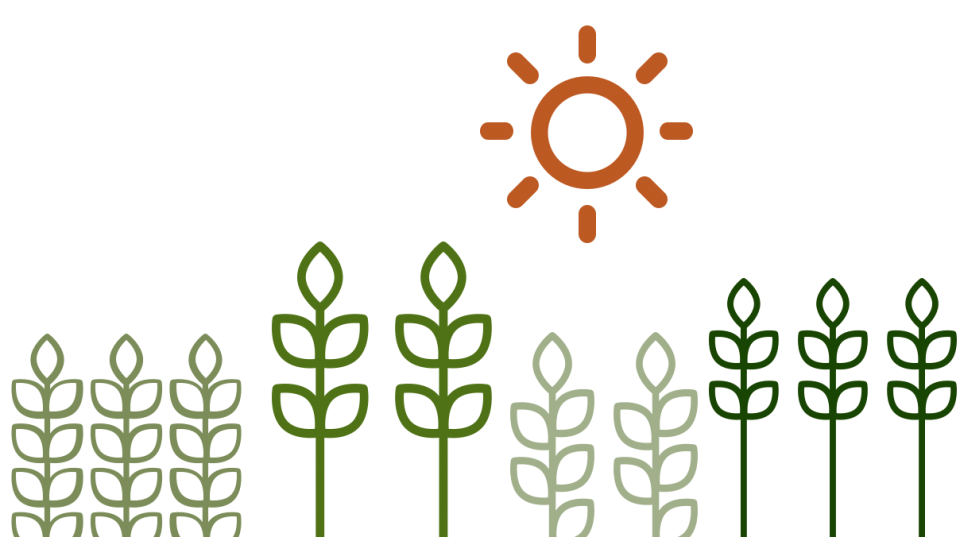Overview
In the Philippines the vegetable industry plays an important role in domestic and export markets, both economically and nutritionally.
The Philippines Government and other industry stakeholders have identified the domestic market as a high priority for development and improvement due to the number of households involved in vegetable production. There is also potential for export market development. Areas that have been identified as constraints include production efficiency and sustainability, food quality, food safety, postharvest loss and domestic consumption.
This project took a program approach which aimed to develop integrated and systems approaches to address value chain constraints. It had six components:
- Component 1 - Integrated soil and crop nutrient management in vegetable crops in the southern Philippines and Australia. (931.14 KB PDF)
- Component 2 - Development of a cost-effective protected vegetable cropping system in the southern Philippines and Australia. (3.52 MB PDF)
- Component 3 - Integrated strategies for the management of bacterial wilt and other wilting diseases in Solanaceous crops in the southern Philippines and Australia. (2.85 MB PDF)
- Component 4 - Analysis of selected vegetable value chains in the southern Philippines and Australia. (5.27 MB PDF )
- Component 5 - Economic impacts of new technologies and policy constraints in the production of vegetables in the Philippines and Australia. (Combined with Component 5 of HORT/2007/067)
- Component 6 - Program management. (586.32 KB PDF)
Where possible, the linkages between components were identified and integrated into appropriate adoption and extension strategies. A key aim of this Program was to develop integrated and systems approaches to interventions addressing value chain constraints. Extension and adoption activities were areas which offered considerable potential for component linkages, integration and efficiency in terms of funding and resourcing.
Appropriate partnerships and collaborations were developed with commercial and agri-business partners such as Del Monte, Dole and East West seeds to help ensure sustainability and commercialisation of Program outcomes.




